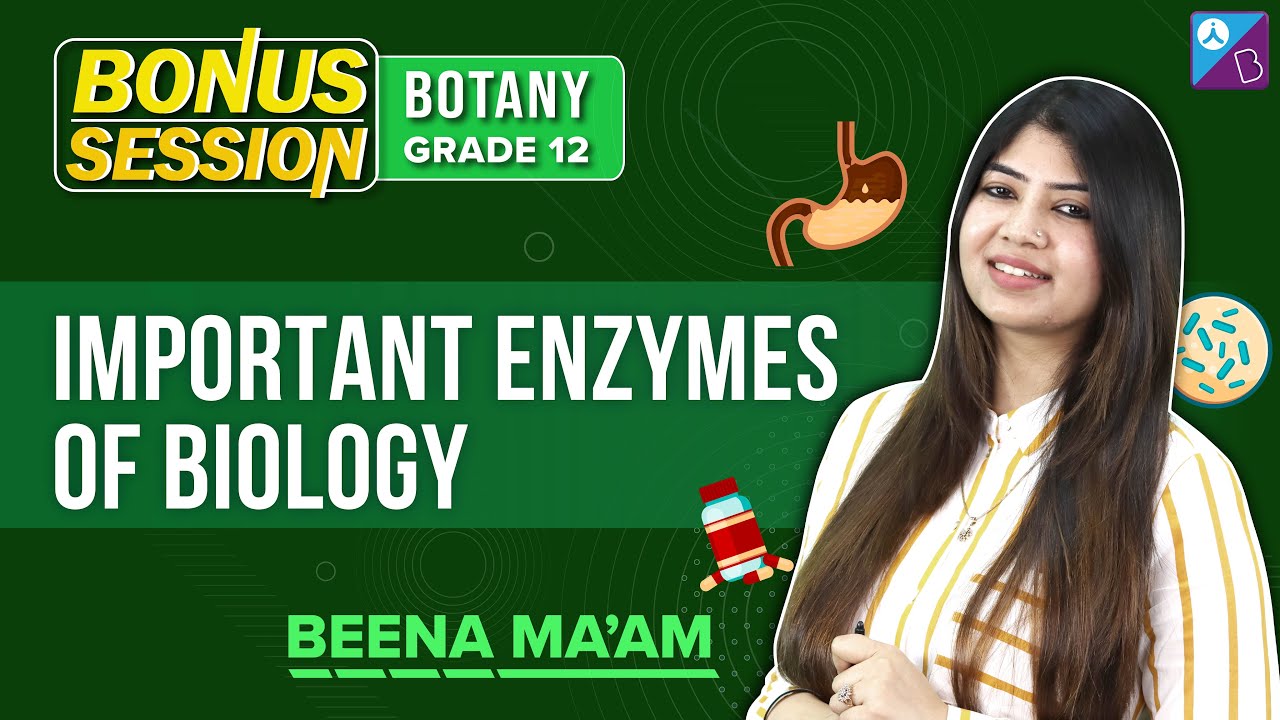Often, we hear about enzymes and how they catalyse reactions but how many of us know what enzymes actually are, what are its effects in the body, what do they do? Almost all the biochemical reactions require enzymes in living things. This article provides insights into it, in addition, you would also get enlightened about some interesting facts about enzymes. Read on.
What Are Enzymes?
Enzymes are protein molecules found in cells, acting as biological catalysts. They accelerate biochemical reactions in the body. In the process, they do not get used up hence can be used again and again. It is because of enzymes, that the body is easily able to disintegrate large and complex molecules into smaller ones.
Enzymes work with substrates, which are molecules binding themselves to a section of enzymes producing a chemical reaction. One model known as the “lock and key” model is known to illustrate the relationship between an enzyme molecule and a substrate. Here, the section of enzyme binds to the substrate fitting exactly enabling the binding as though a key fits into a lock. The theory also states that in order to bind, the substrate and enzyme change their shape.
Digestive enzymes are absorbed and used throughout the body. Listed below are some fascinating facts you were probably not aware of:
1. Enzymes are being secreted in various parts – enzymes are secreted in stomach, mouth, cells of small intestine, pancreas, gut bacteria
2. Earlier, the diet of humans contained a lot of enzymes – humans earlier consumed raw food in bulk to help rejuvenate the digestive tract with enzymes beneficial for digestion. Today, our diet contains foods that are either heavily processed or cooked. These practices exhaust natural enzyme content after being transported and refrigerated.
3. Enzymes are pivotal in every function of the body – the protein-based substances are found to be operational during the digestion, in breathing, excretion, reproduction and more.
4. The human body lacks certain digestive enzymes which include enzymes required to disintegrate cellulose, phytase, cellulase, phytates(found in legumes and beans). As a result of this deficiency, most have a hard time disintegrating legumes, starchy beans, nuts to absorb its nutritional benefits.
5. Role of enzymes in nutrient absorption – enzymes disintegrate food in the digestive tract by dissolving bonds that hold together the nutrients
6. Impact on lifestyle and diet – maintaining a healthy lifestyle, consuming a healthy diet and exercising facilitates the production of healthy enzymes in the body
7. Age and enzyme – as a person ages, the enzyme production in the body decreases. With the ageing process, our bodies tend to generate less of lipase, protease and amylase resulting in the impairment of digestion of fats, proteins, carbohydrates etc
8. Enzymes that are derived from plants are productive over a wide pH range in the body. This is why a plant-based digestive enzyme is usually suggested as a supplement to assist in breaking down a range of food items such as sugars, dairy, fats and carbohydrates
9. Range of enzymes for a range of foods – our body, disintegrates and absorbs different nutrients, fats, proteins and carbohydrates which are the most basic foods. The body produces enzymes such as lipase, protease and amylase for this purpose.
10. Benefitting kids – enzymes are beneficial for kids too. Enzymes boost the health of the digestive tract and help those small little tummies to disintegrate a wide range of food.
11. Enzymes accelerate reactions at higher temperatures. As little as a 2-degree rise in the temperature can speed up reactions by 20%. However, if the temperature is too high, there is a sharp decline in the enzyme activity.
That was some information on enzymes and their role in different aspects. Explore other interesting articles to crack NEET at BYJU’S.
Recommended Video:
Important Enzymes in Biology Class 12 One Shot | NEET 2022 Exam Prep

See Also:
| Electrocardiogram |
| Biochemical pathways |

Comments